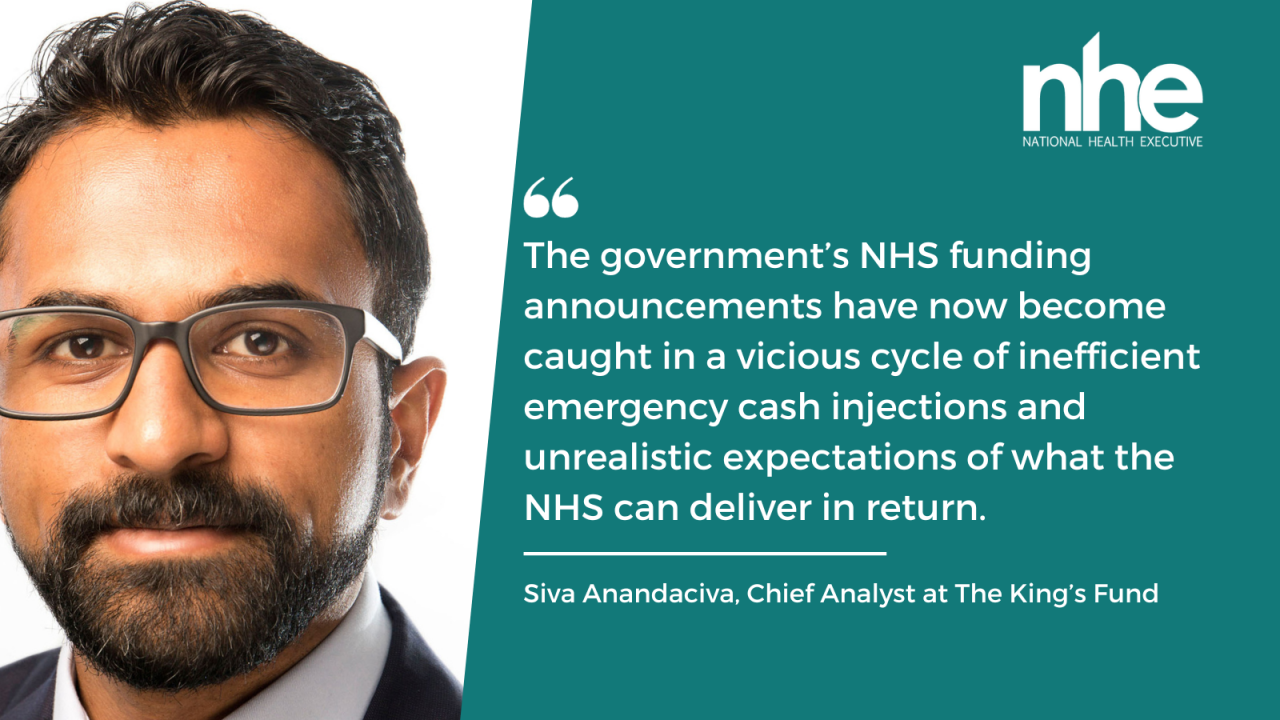Reaction has been mixed from NHS leaders and organisations to yesterday’s Autumn Statement with some claiming it has been a ‘missed opportunity’ to invest.
The Chancellor, Jeremy Hunt didn’t announce any fresh plans to invest in the NHS, but did reaffirm previous commitments, including a £200 million funding boost originally announced in September to help resilience during the winter.
Investment was confirmed however for various schemes across mental health, life sciences and research. However, Dr Layla McCay, director of policy at the NHS Confederation criticised the statement, and claimed it hadn’t gone far enough for the NHS.
She said: “This Autumn Statement has been a missed opportunity from the Chancellor to get the NHS back on track following the huge impact that strikes have had on patient care and already-tight budgets.
“Independent experts have said that the costs so far stand at £1.7bn yet only £800m has been allocated and mainly by raiding budgets elsewhere, which will cause long-term harm to the NHS’s ability to transform its services.”

This view was echoed from Siva Anandaciva, chief analyst at The King’s Fund, who said: “The Autumn Statement appears to have offered nothing significant beyond the relatively small amount of additional funding for the health service recently announced, which we cannot pretend will be enough for the NHS to do everything needed to give patients the care they deserve and expect this winter.”
Some of the schemes announced by the Government included the launch of the Our Future Health research programme, with an additional £51 million pledged. Also announced was the expansion of the NHS Talking Therapies service with an additional 384,000 able to access it, which the government believes will cut waiting lists down for the service.
For the NHS workforce, there was good news as the Chancellor revealed that employee National Insurance will be cut two percentage points from 12 per cent to 10 per cent, with legislation being passed to introduce this from 6 January 2024.
There was no investment announced for infrastructure, which Anandaciva claimed had a equipment maintenance backlog of nearly £10 billion.
He said; “The government’s NHS funding announcements have now become caught in a vicious cycle of inefficient emergency cash injections and unrealistic expectations of what the NHS can deliver in return.
“To avoid the NHS facing a crisis every winter, ministers need to make long-term decisions that can bring demand, capacity, and efficiency back into better balance.”
Chris Thomas, head of the Commission on Health and Prosperity at The Institute of Public Policy Research said: “It is a genuine landmark that, for the first time ever, both the Treasury and the OBR have recognised that the health of the country is central to economic outcomes – this should create real space for bolder health policy, but the Chancellor did not seize that with both hands.
“There are some good new measures – expanded mental health support, IPS and tailored work coaching could make some difference. But in other ways, the Chancellor’s is stuck on treating symptoms, rather than searching for the long-term cure.
Photo: iStock


















